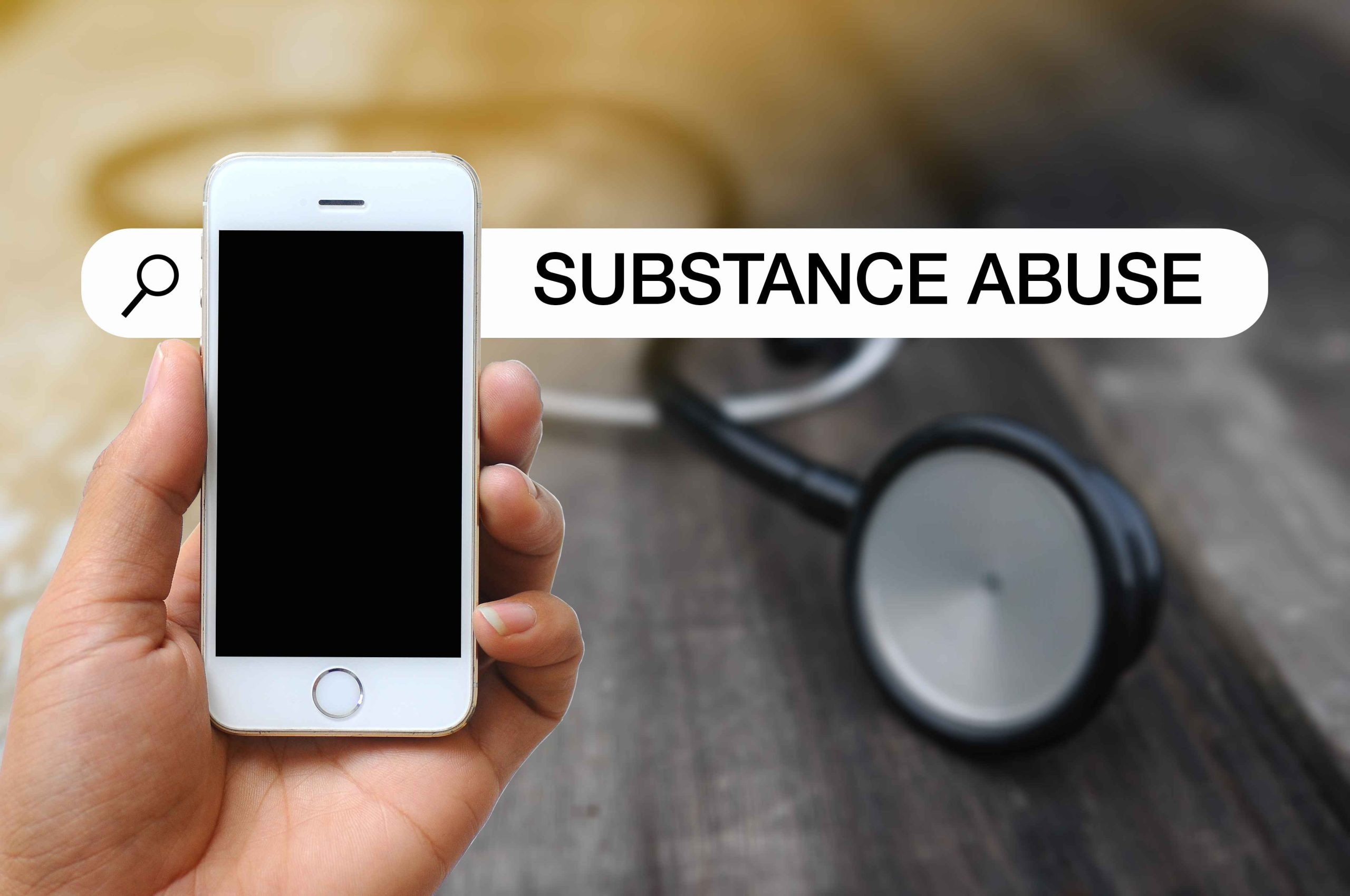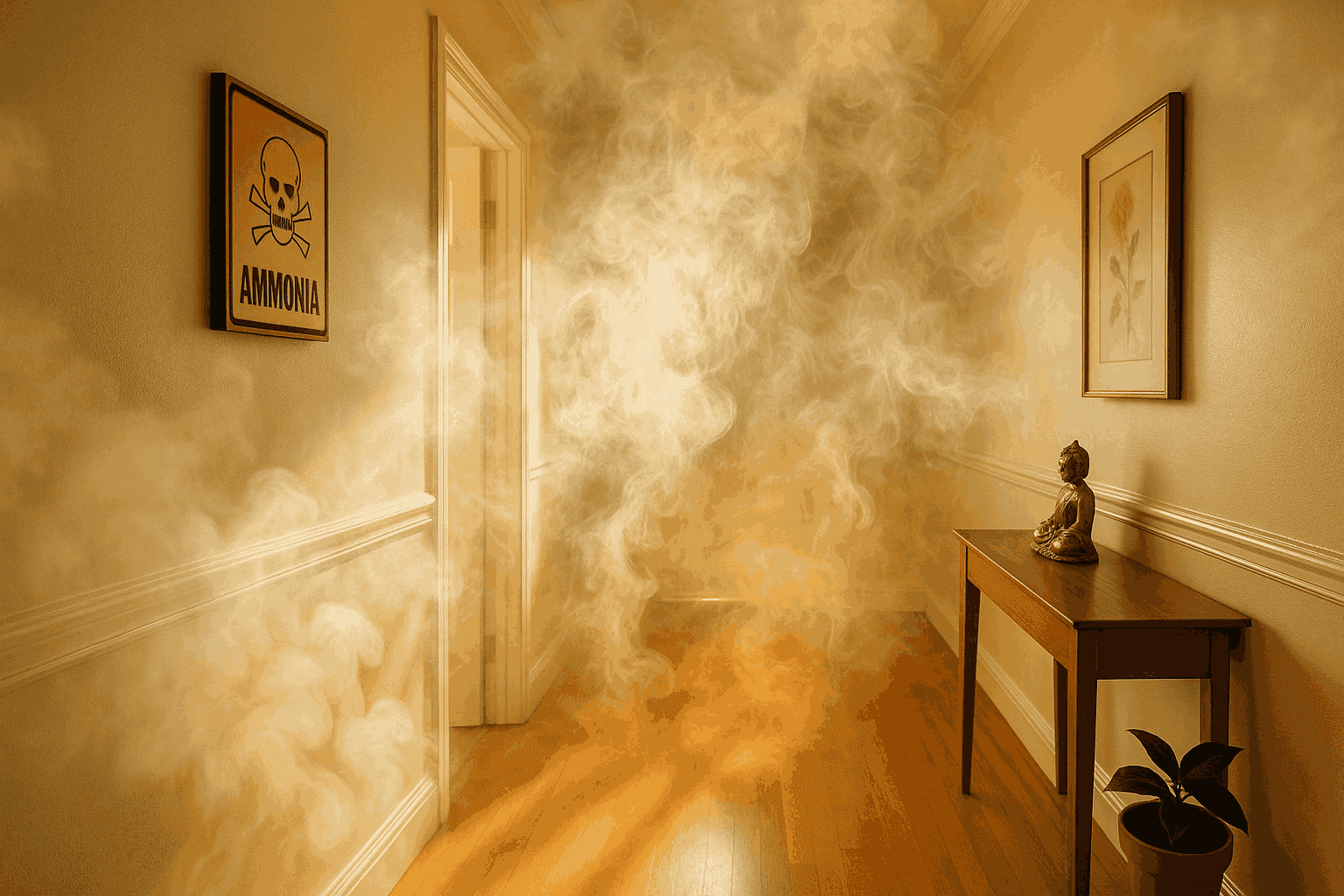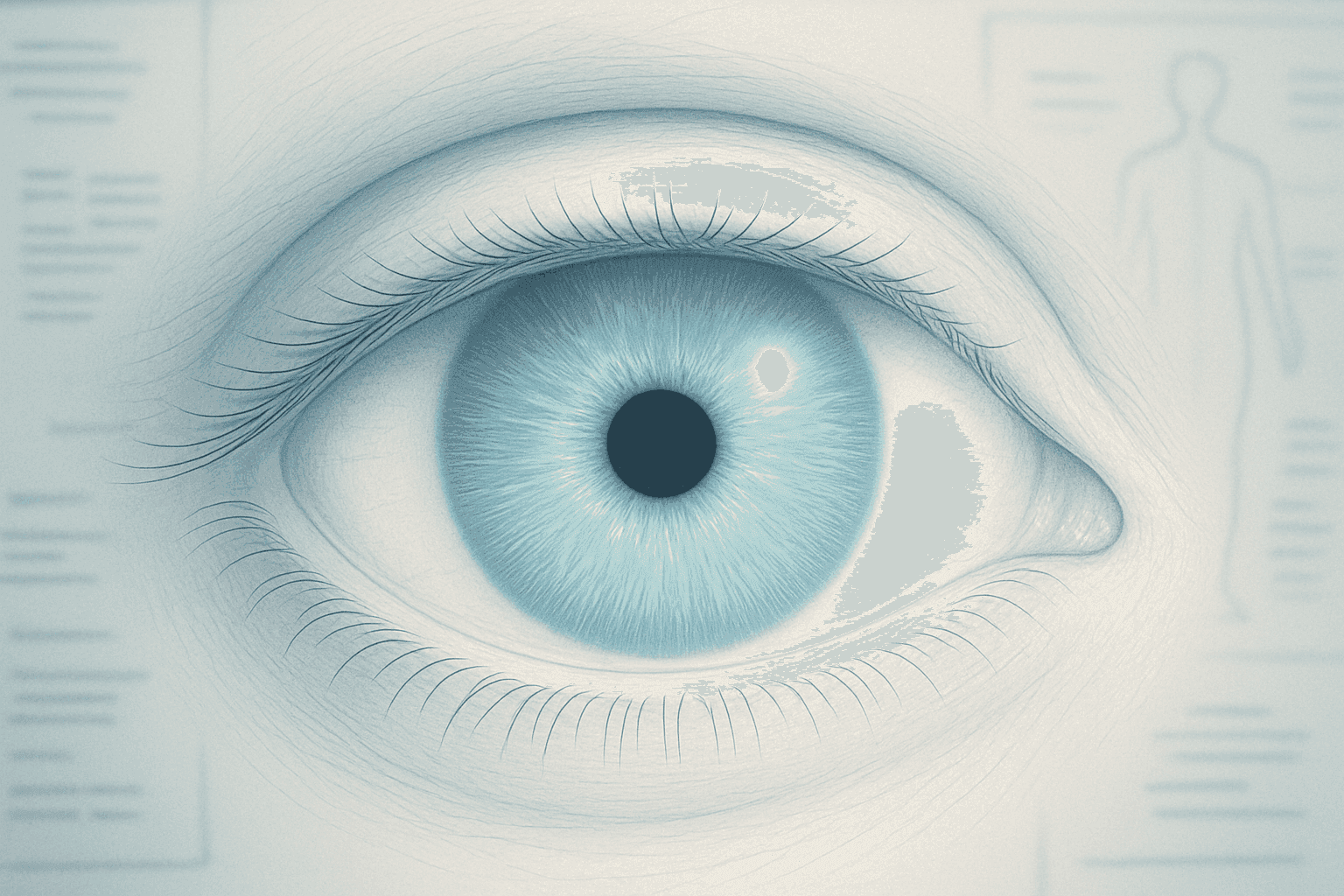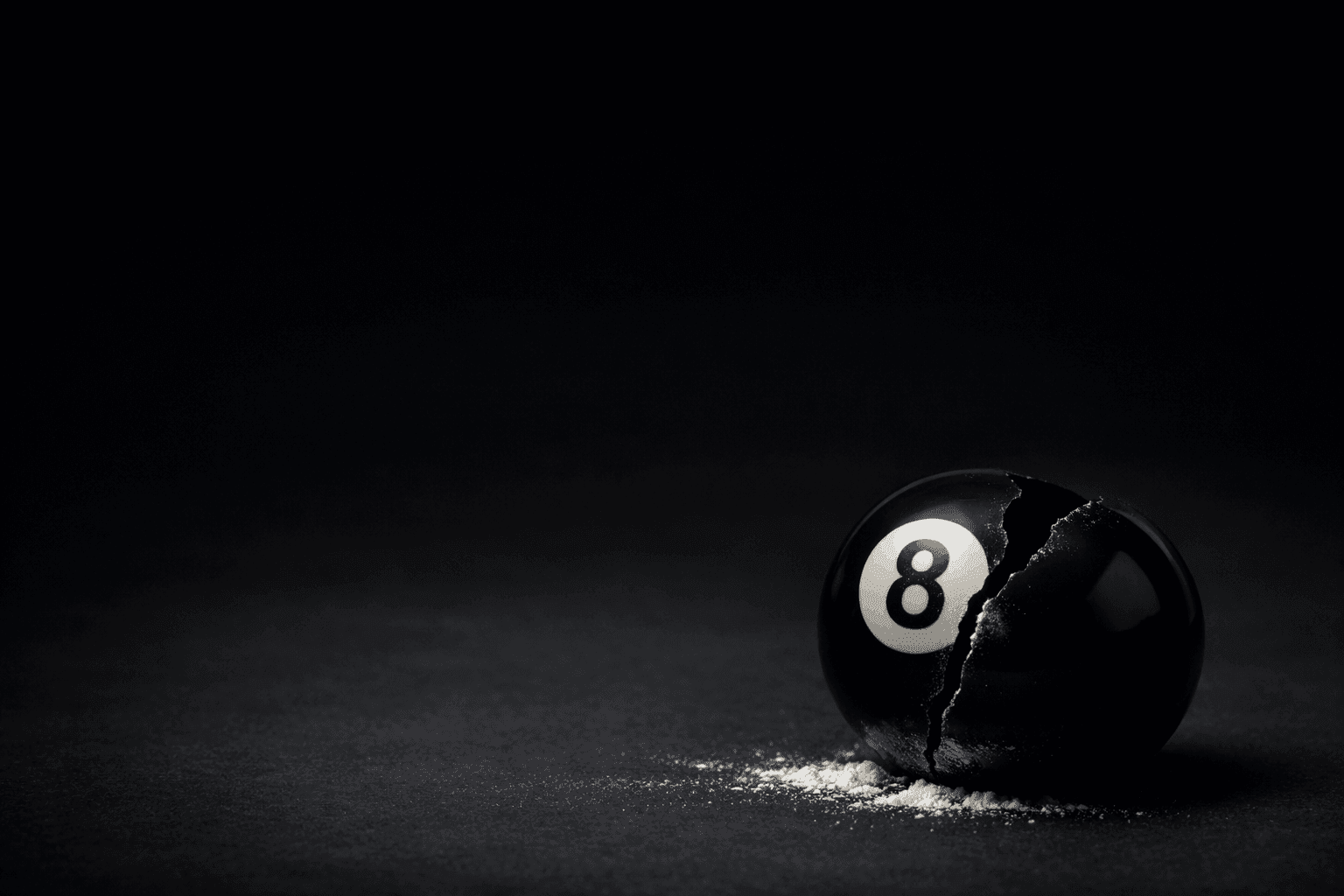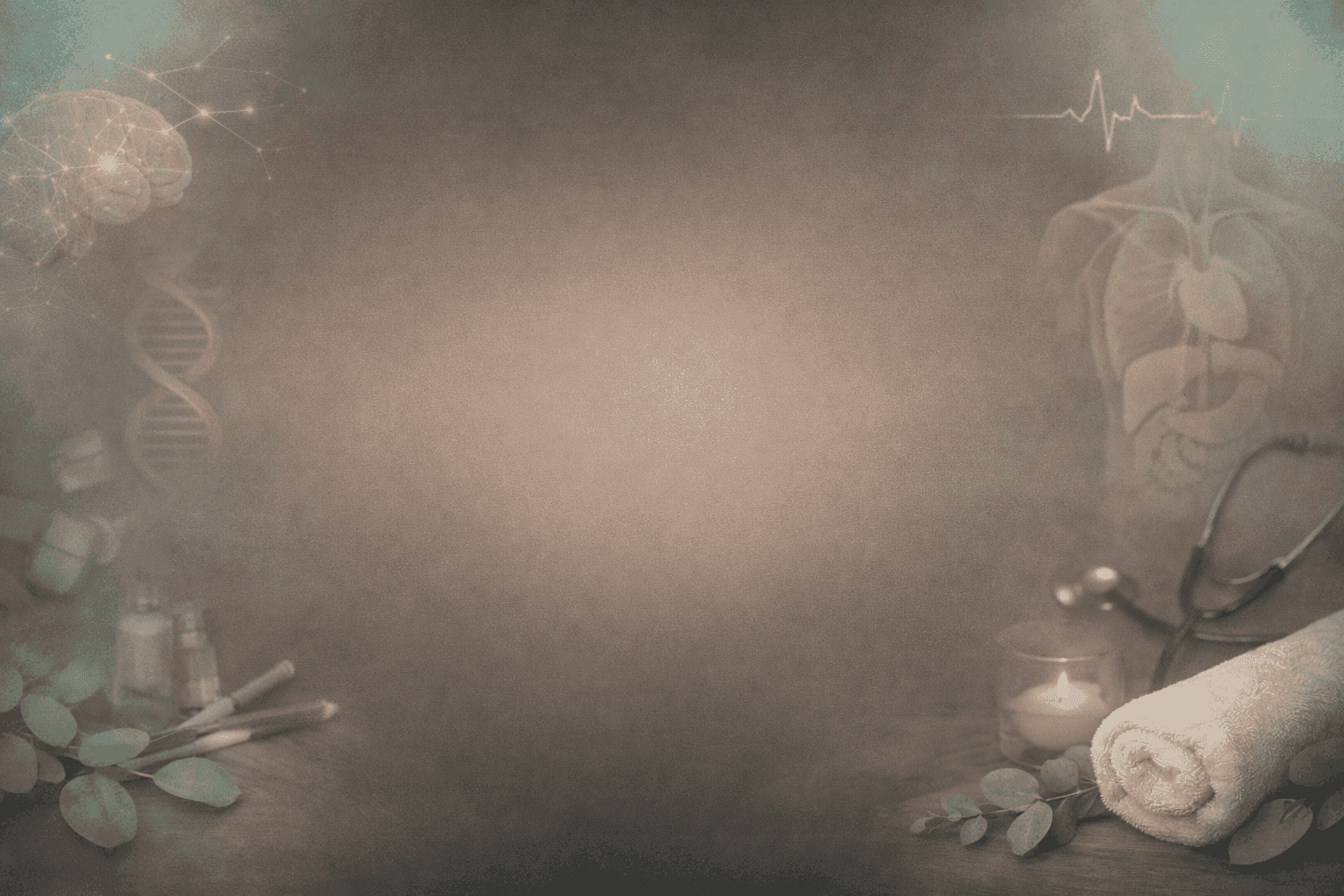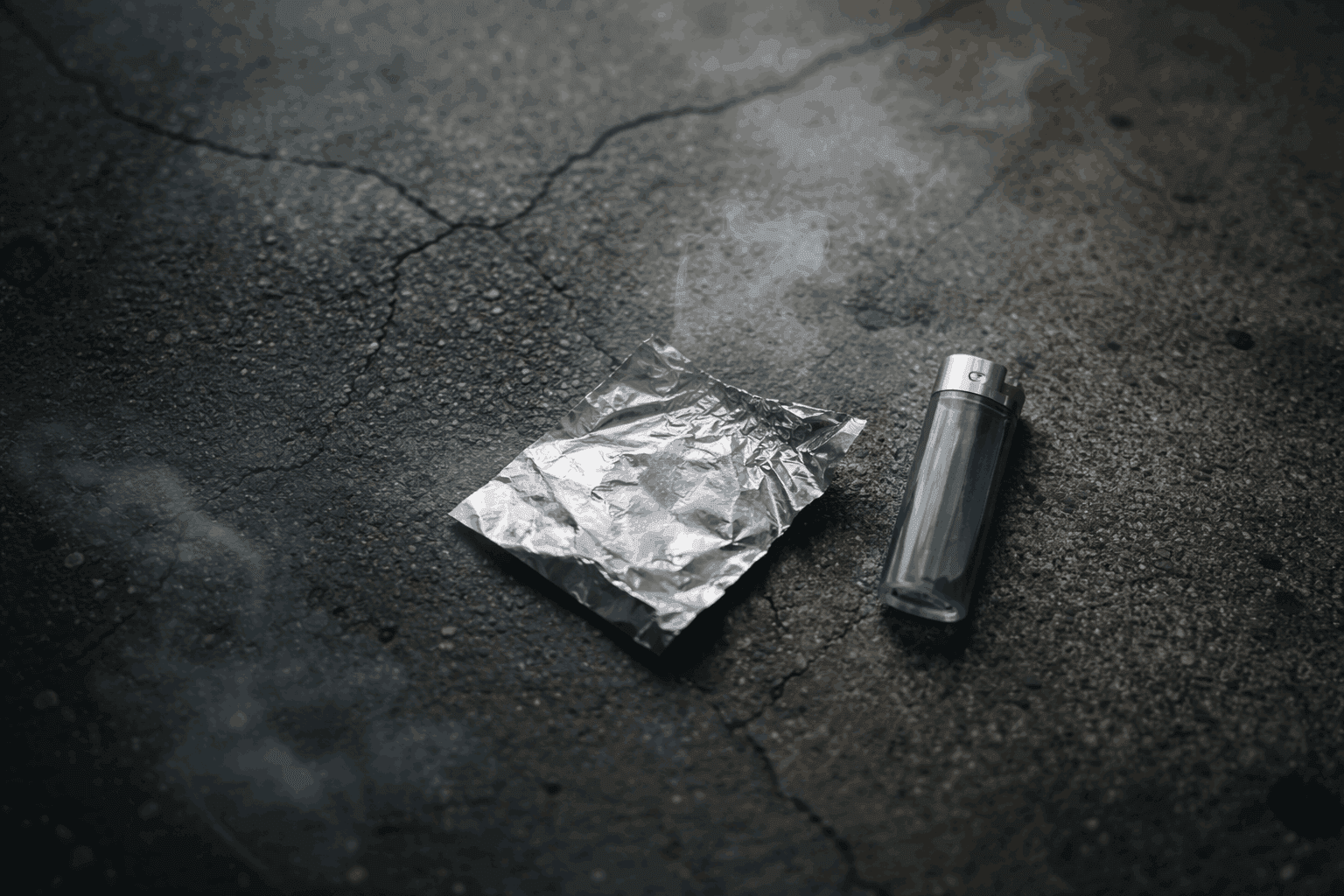Addiction is more than a label or a bad habit—it’s a deeply personal struggle that millions face daily. It’s not a failure of character or willpower. Addiction is a chronic condition, rooted in complex changes within the brain, that makes breaking free incredibly challenging.
By learning more about the science behind addiction, we can dismantle harmful stereotypes, foster empathy, and offer meaningful support to those in need.
What Is Addiction?
At its core, addiction is a condition in which an individual experiences an overpowering desire to use a substance or engage in a behavior, despite being aware of the harm it causes. It could involve drugs, alcohol, or even activities like gambling.
Initially, trying a substance or behavior may feel like a choice. But over time, addiction takes control, turning voluntary actions into compulsive habits. The pull is so strong that stopping feels impossible, no matter the consequences.
What Happens in the Brain?
The human brain is wired to reward us for life-sustaining activities, like eating or bonding with loved ones. It releases dopamine, a chemical that makes us feel good.
Addictive substances and behaviors exploit this system, overwhelming the brain with dopamine and producing a powerful sense of pleasure, or a “high.” However, the brain rapidly adjusts to these changes.
It produces less dopamine or reduces its receptors, making it harder to feel joy. Over time, people need more of the substance just to feel “normal.”
Here’s how addiction rewires the brain:
- Loss of Control: The prefrontal cortex, which is responsible for decision-making and self-control, becomes less effective. Heightened Stress: The brain’s stress systems become overactive, making withdrawal symptoms unbearable.
- Cravings: The brain forms powerful memories associated with substance use, which can be triggered by certain people, places, or emotions linked to the behavior.
What Causes Addiction?
Addiction doesn’t have a single cause; a combination of genetics, environment, and mental health factors influences it:
Genetics: Some individuals are more susceptible due to their genetic predisposition.
Environment: Stressful events, trauma, peer pressure, or a lack of support can increase the risk.
Mental Health: Anxiety, depression, or PTSD often coexist with addiction, creating a cycle that’s hard to break without addressing both issues.
The Ripple Effects of Addiction
Addiction doesn’t just affect the person struggling—it impacts the whole world:
- Physical Health: Prolonged substance use can damage organs, weaken the immune system, and lead to chronic diseases
- Mental Well-being: Many individuals experience worsening anxiety, depression, or memory issues.
- Relationships: Addiction often strains or even severs relationships with loved ones.
- Financial Stability: The cost of addiction—both literal and figurative—can lead to job loss or financial hardship.
Breaking Free: There’s Always Hope
While addiction is a challenging struggle, recovery is achievable. It starts with obtaining the right support and making a firm commitment to change. Here are some proven paths to recovery:
Here are some proven paths to recovery:
- Medical Detox: A safe and supportive method for managing withdrawal symptoms, guided by professional expertise.
- Therapy: Identifying and addressing the underlying causes of addiction through counseling.
- Medication-Assisted Treatment (MAT): Medications approved by the FDA can help manage cravings and alleviate withdrawal symptoms.
Compassion Over Judgment
Addiction isn’t a choice—but recovery can be. It’s a process that requires patience, understanding, and unwavering support. By showing empathy and offering help without judgment, we can make a difference in someone’s life.
If you or someone you care about is struggling, know that you’re not alone. At House of Life, we’re here to guide you every step of the way. Call us today for confidential, compassionate support at +1 805-888-8000.



